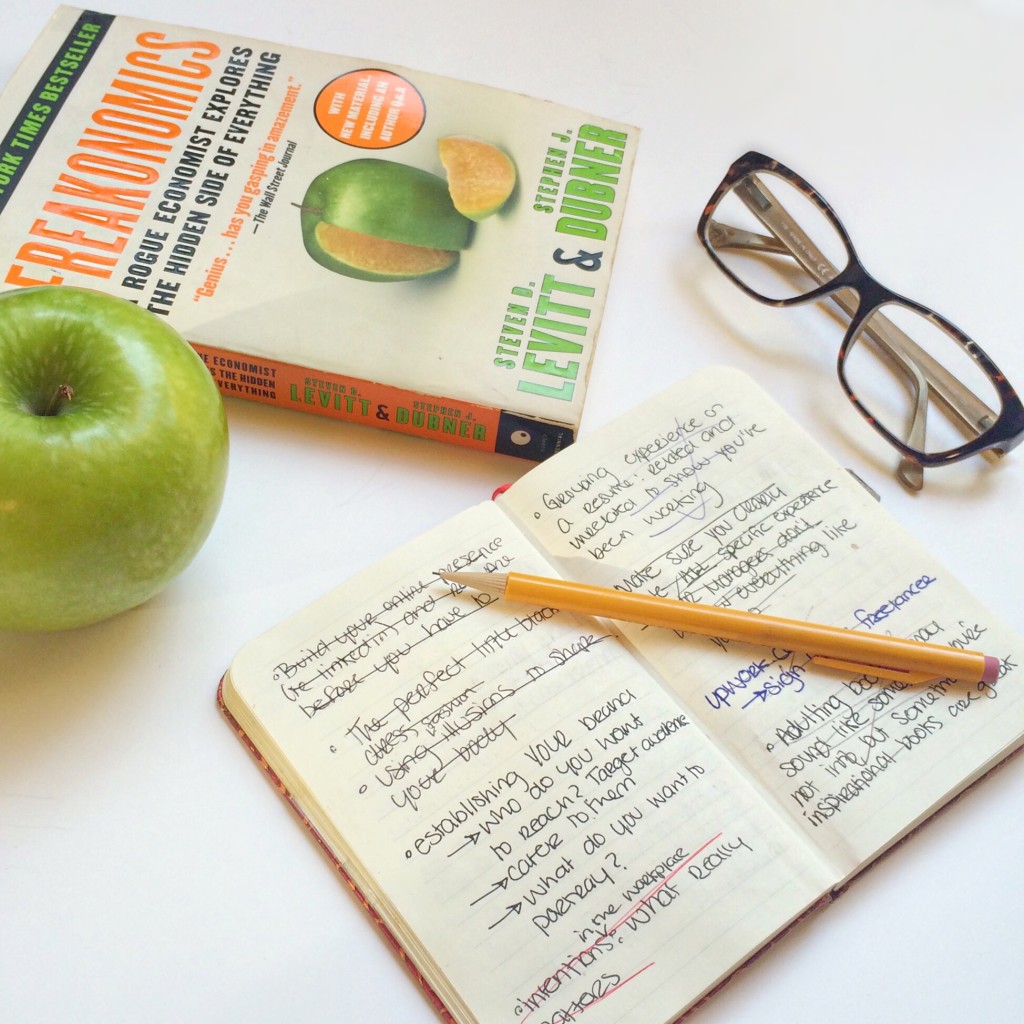
I was an econ major in college and loved every minute of it. You’re probably thinking that I’m crazy right about now, but what I loved about studying economics is that everything is very logical, and is applicable to everyday life. One of the theories that has stuck with me to this day is the law of comparative advantage, and in my opinion, understanding this concept could greatly benefit how you go through life.
The law of comparative advantage states that even if a country can produce everything more efficiently than another country, there is still scope for trade because a country can maximize its wealth by putting its resources into its most competitive industries, regardless of whether other countries are more competitive in those industries.
In layman’s terms, this means that if I can easily grow apples, but have to put more effort into growing oranges, while you have an easier time growing oranges than apples, it makes sense for us to each stick to our specialties and trade resources. This concept goes back to my recent post on asking for help when you need it, which can be tough sometimes, however if you look at it from an economic perspective, it makes perfect sense!
When I think about this concept in terms of my own life, it means that people hire me for my expertise with resumes and corporate style, so why would I be so obtuse as to not seek help in areas where I’m not an expert? The best way to maximize your productivity is to focus on what you’re fantastic at, and outsource what gives you trouble. Think about it in terms of taking a test. We’re always told that if you’re stuck on a problem, skip it and do the ones you can do. There is no point in wasting time figuring out how to solve a problem you don’t know, when you could be spending that valuable time answering all of the other questions you do know. Don’t kill yourself over something that someone else can easily help you with.
Do what you can, share your expertise, and ask for other’s knowledge when you need it! Also, if this concept is something that interests you, do yourself a favor and read the book Freakonomics. (This book has become so reputable that it’s even in Microsoft Word’s dictionary, and didn’t get the red squiggly line under it as I typed this!) It uses great economic concepts, but explains them in a way and tests theories in a way that non econ people can understand, similar to what I tried to do in this post.
Do you have a question about career/work/life in general? Reach out and ask me! Your question just may be featured in a post!
